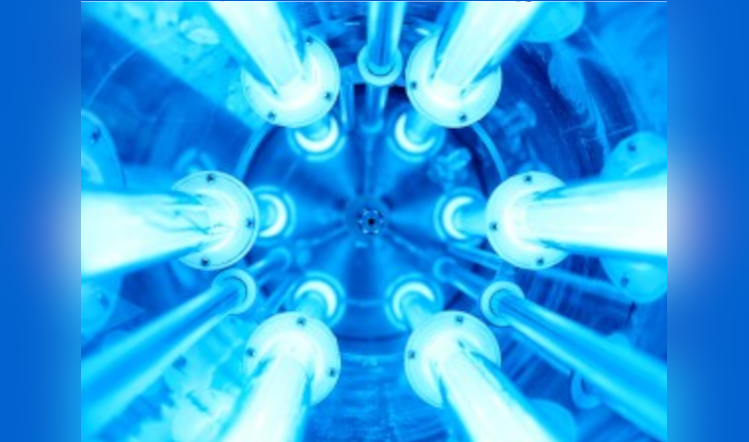New standard for UV disinfection put to the test

Largely based on the existing airborne disinfection standard EN 17272:2020, with some minor variations for UV devices, this new method standardises a distance for the emitter from a test surface, allowing for an assessment of power versus contact time for the UV unit.
It covers the requirements and methodology for testing the efficacy of UV devices, determining bactericidal, mycobactericidal, sporicidal, yeasticidal, fungicidal, virucidal and phagocidal activities.
No formal guidance
Remote UV systems previously had no formal guidance on their effectiveness, with the assumption of efficacy based on available research papers and in-house test methods of multiple testing laboratories or research facilities.
This meant each different machine may have been tested in completely different ways – if it has undergone testing at all.
Peter Thistlethwaite, technical projects manager at MSL noted that while UVC light is harmful to microorganisms, there are many issues with assuming the effectiveness of an emitter based on publications rather than testing.
UVC testing
“For example, is the emitter at a suitable distance to remain effective, does it have the same effect low to the floor as it does directly in front of it, are the light sources of a suitable power?” he continued.
“For cleanroom and sterile environments especially, it is imperative that whole room decontamination systems, such as disinfection devices that use ultraviolet radiation, have proven efficacy.
“We have worked closely with the CH/216 committee at The British Standards Institution to develop BS 8628:2022 and are ready to test the efficacy of UV disinfection devices. This is now the industry standard, and we are pleased to add this to our roster of services to assure companies that the system employed at their facilities is both suitable for use and effective against the organisms that pose the greatest risks.”

















